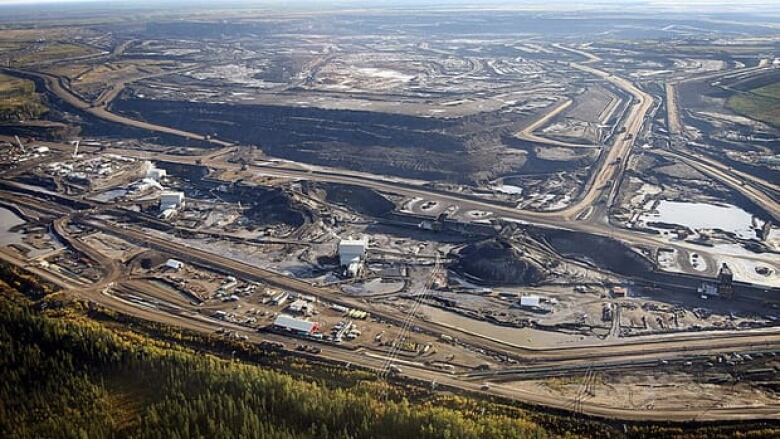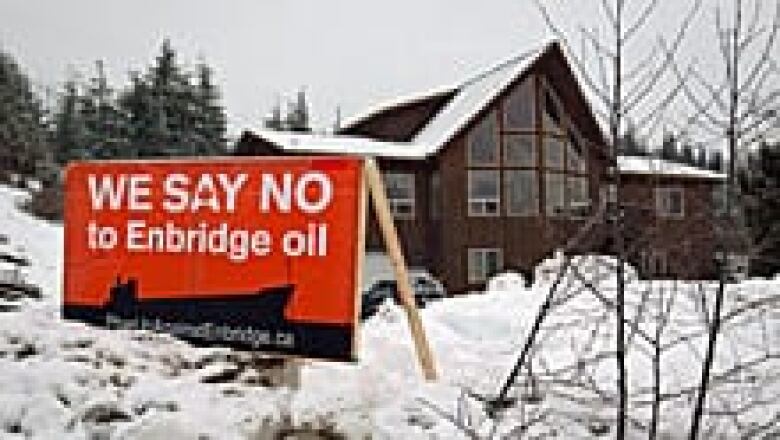Oil price gap costing Canada billions

The wide gap between oils global benchmark price and what Canadian producers can get for their oil is costing Canada $2.5 billion a month, according to new research that sees the spread remaining foryears even if new pipelines are built.
Normally, the price gap between Brent North Sea oil and Western Canada Select oil is $10 to $15 a barrel, says Charles St-Arnaud, an analyst at Nomura Securities. But currently, that spread is a near-record $50 a barrel.
"The significant spread is due to a lack of possible export markets for Canadian oil and this situation will likely persist until Canadian oil manages to flow into export ports or areas of demand in North America," St-Arnaud says in his report.
He notes that Canada imports more than 40 per cent of the oil it consumes, even though it is a big exporter of oil. "This is the result of the pipeline network that brings oil from the Western provinces to the U.S. Midwest, with no branch bringing oil to the eastern part of the country."
The oil Canada imports is priced at lofty Brent levels, while Canadian producers have to sell their oil at a big discount. "Oil flowing from Canada to the U.S. is viewed as oversupply, depressing the price for Canadian oil," he says.
Oil glut in the U.S.
The surge in oil production in the U.S., refining disruptions and a pipeline network that isnt quite up to the job are all combining to force down prices for Canadian producers, with the result that the larger-than-usual price gap is now costing Canadian producers $30 billion a year in lost revenue.

Arevenue loss of that size translates into weaker corporate profits, lower tax revenues for government and a lingering drag on Canadian growth that amounts to 1.6 per cent of GDP, he estimates.
There are no quick or easy solutions to the price spread problem, St-Arnaud says. He notes thatmany of the various proposals to deal with delivery problems the Keystone XL pipeline from Alberta south to the Gulf of Mexico, the Northern Gateway pipeline from Alberta to Kitimat, B.C., increasing the capacity of the TransMountain pipeline that runs from Alberta to Vancouver, and the reversal of Line 9 between Sarnia, Ont., and Montreal carry some political and/or environmental opposition.
Even if new pipeline infrastructure does get built, St-Arnaud says most of the projects are unlikely before 2015, leading him to forecast that the divergence of the Canadian price of oil "will persist for some years."












_(720p).jpg)


 OFFICIAL HD MUSIC VIDEO.jpg)
.jpg)



























































































